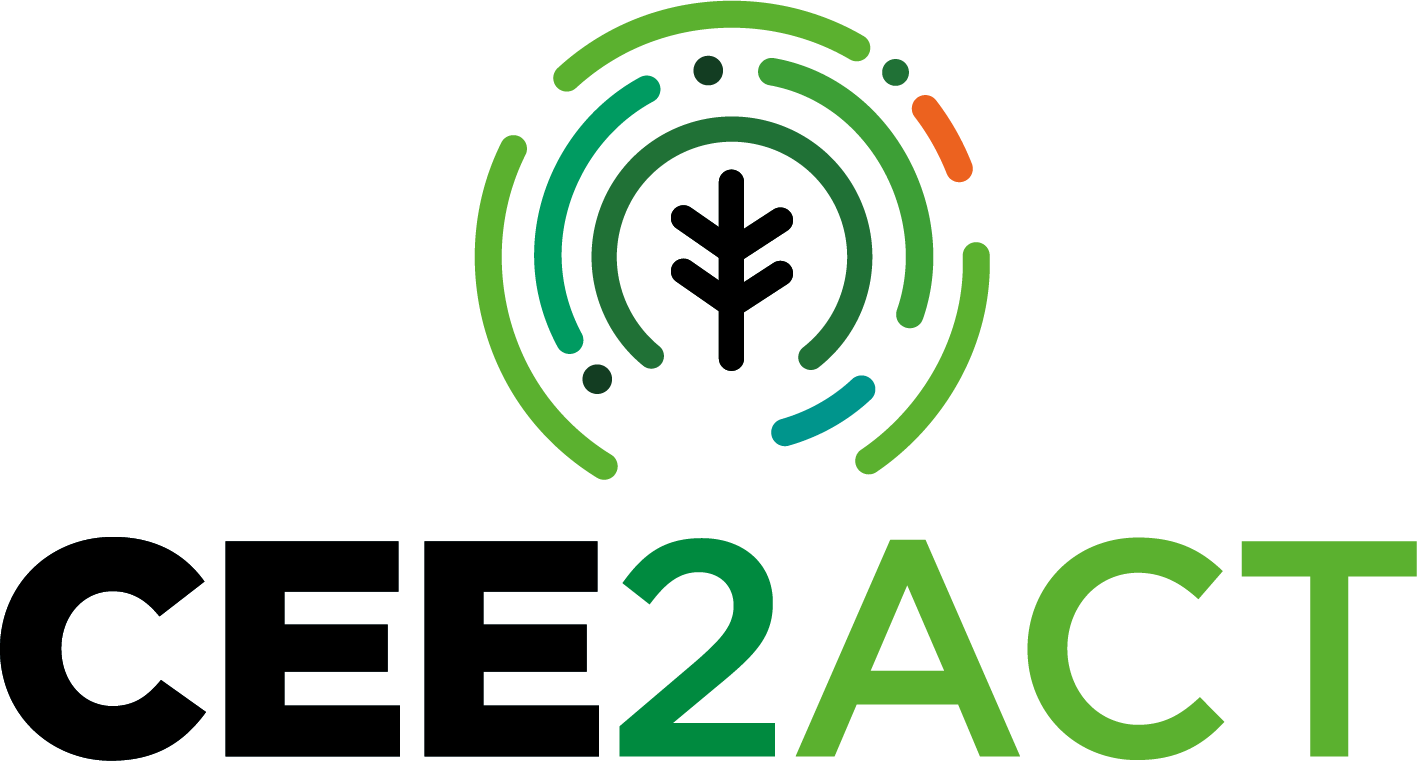Title of the project: Towards sustainable and resilient value chains
Acronym: SHERPA
Funding source: Horizon 2020
Country: Lithuania
Involved actors: European Rural Development Network, Lithuanian Institute of Agrarian Economics (LAEI) coordinates the Multi-Actor Platform Circular Bioeconomy (CBioLit), operating at the national level
Description:
The overall objective of SHERPA is to gather relevant knowledge and opinions that contribute to the formulation of recommendations for future policies relevant to EU rural areas. Within the SHERPA project, the Lithuanian Institute of Agrarian Economics with the support of the European Rural Development Network elaborated the position paper "Towards Sustainable & Resilient Value Chains”, which provides needs, challenges and policy interventions that are already in place and are needed for the future to assess entrepreneurship and social economy, just transition and sustainable and resilient value chains of rural regions of Lithuania. The Lithuanian key strategies for the development of rural areas are currently concered with the diversification of economic activities in these territories. It highly depends on the selected approach towards diversification itself and the state of common understanding of the critical concepts in the context of rural development, namely ‘smart rurality’, ‘smart communities’, ‘digitalisation’, ‘bio-economy’, ‘sustainable management of resources’ and ‘food chain’.
The Multi-actor platform of Lithuania “Circular Bio-economy – Lithuania” (CBioLit) focuses on 3 broad fields of RIS3 strategy:
- Agro-innovation and food technologies: Priority “Safer food and sustainable usage of biomaterials”.
- Inclusive and creative society: Priority “Modern self-development technologies and processes promoting the formation of creative and promotive individuals”.
- Energy and sustainable environment: Priority “Energy and fuel production using biomass/waste and waste treatment, storage and disposal”.
Recommendations at local level highlight the need to activate local politicians, diversify funding sources, invest in human capital, increase the demand for social services as alternative services, recognise the importance of best practices and knowledge exchange. Recommendations at the national level focus on the need to decrease the bureaucratic burden (including at EU level), diversify funding sources, support ideas and on the implementation of “smart” concept without pushing for a framework “too strictly defined”.
Recommendations for future research agendas include the need to investigate the experiences and difficulties of rural actors when preparing their vison for rural areas; and how the bureaucratic burden affect the motivation of LAGs and rural communities when defining their strategies, projects and later during the implementation phase. Research on need, role and impact of creative personnel/motivator, consultant/mentor for rural regions is also needed as it could help to understand how planning tools for regional development can be adjusted/improved in order to boost the participation of rural actors (as LAGs, rural communities, farmers, cooperatives, etc.).
Links to the websites:
- https://rural-interfaces.eu/maps/lithuania/
- https://rural-interfaces.eu/wp-content/uploads/2022/10/MAP_PP-LT-CBIOLIT_final.pdf

